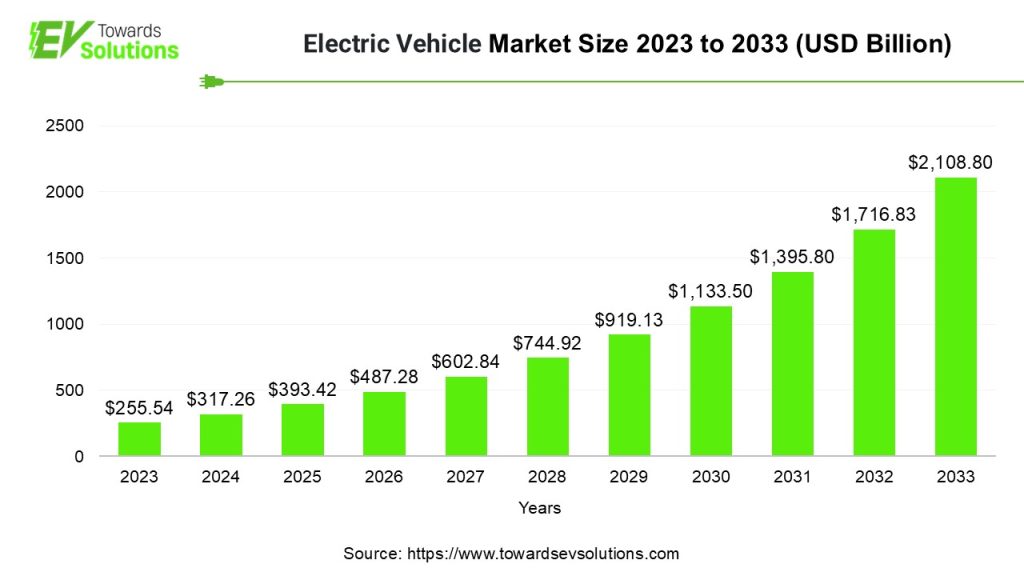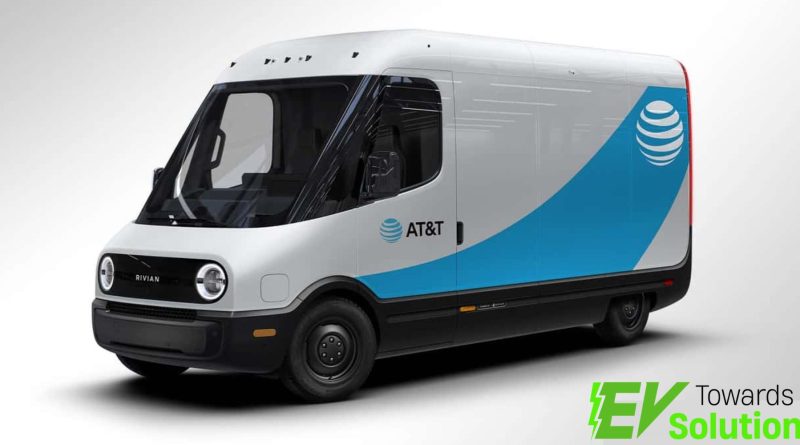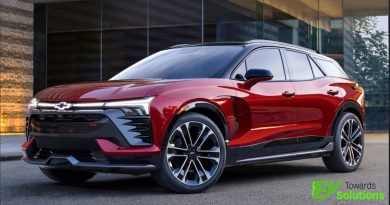Rivian Expands R1 Lineup with R1V: Electric Van for Last-mile Delivery
The American EV maker Rivian, famous for its electric pick-ups and delivery trucks, recently introduced a new model, an electric van called the R1V, made for last-mile logistics. The launch is the company’s first foray into the production of commercial electric vehicles, a segment that has rapidly expanded due to the growth of the eCommerce market and the demand for environmentally friendly delivery vehicles.
The R1V, in terms of its autonomy, has up to 350 miles, making it one of the most powerful electric delivery vehicles available today. Measuring 2,000 volume, the new model’s cargo area was altered in any way to suit the needs of the consumers from the retail to the pharmaceutical sector.
In keeping with the notion of sustainability, Rivian incorporates recycled materials into its design and produces carbon-neutral vehicles. The van mentioned above also comes with Rivian’s Driver+ system, which is an advanced-level self-driving system that includes lane keep assist, adaptive cruise control, and automatic emergency braking.
Electric Vehicle Market
According to the Precedence Research report, the global electric vehicle market revenue was evaluated at USD 317.26 billion in 2024 and is anticipated to achieve USD 1,716.83 billion by 2032. The EV industry is predicted to grow from USD 393.42 billion in 2025 to approximately USD 2,108.80 billion by 2033, with a remarkable CAGR of 23.42% from 2024 to 2033.

Key Features of the Rivian R1V:
- With 2,000 cubic feet, the R1V allows flexible configurations to meet various delivery needs.
- The R1V comes standard with Driver+, Rivian’s suite of semi-autonomous features designed to improve delivery efficiency and safety.
- The R1V incorporates eco-friendly materials in its construction, ensuring a reduced carbon footprint compared to traditional delivery vans.
Industry Adoption and Government Incentives
Government incentives are given to encourage the use of commercial EVs worldwide. In the United States, businesses planning to switch their fleet of vehicles to electric get credit up to USD 7,500 per car. Additionally, in the European Union, this ranges from USD 5,000 to USD 7,000. These programs are supposed to spur more electrification of delivery vans as players such as Rivian increase scale.
Commercial Electric Vehicle Incentives by Country (2024)
| Region | Average Incentive per Vehicle (USD) | Fleet Electrification Target |
| U.S. | $7,500 | 50% by 2030 |
| European Union | $5,000 | 60% by 2030 |
| China | $4,500 | 70% by 2035 |
Rivian’s Growth Trajectory
Rivian has identified an ideal market to venture into, as the commercial segment selling electric delivery vans is rapidly growing. By committing to buy 100,000 electric vans, Amazon will likely help Rivian reach its goal of churning out 50,000 vehicles per year by 2025, with additional production lines planned at its factory in Illinois.
The carmaker has plans to reach an output of 150,000 cars per year by 2026, with Rivian R1T pickup and Rivian R1S SUV models for the public. The company is also working toward expanding the charging points, with plans to have 5,000 fast chargers in the US by 2030, a key success factor as consumers and commercial establishments continue using electric vehicles to drive long distances without interruption. Furthermore, Rivian has promising competition, including Ford’s E-bin and Mercedes-Benz eSprinter, which has set to disrupt the new market of electric commercial vehicles.
We’ve prepared a service to support you. please feel free to contact us at sales@precedenceresearch.com | +1 804 441 9344
With a Master of Science in Statistics and over two years of expertise in the market research industry, Rushikesh brings a wealth of knowledge to the world of electric vehicle (EV) news. His passion for the automotive sector, combined with his statistical expertise, allows him to analyze trends, consumer behavior, and emerging technologies with precision. Rushikesh’s ability to dive deep into the numbers, yet communicate them in a reader-friendly manner, makes him a key voice in the fast-evolving EV industry.
Having spent his academic and professional career immersed in data-driven analysis, Rushikesh leverages his strong statistical foundation to offer insights that are both thorough and forward-thinking. His keen interest in the automotive industry, especially electric vehicles, positions him uniquely to understand not only the current landscape but also the trajectory of the sector as governments, manufacturers, and consumers increasingly lean towards sustainable transportation.




